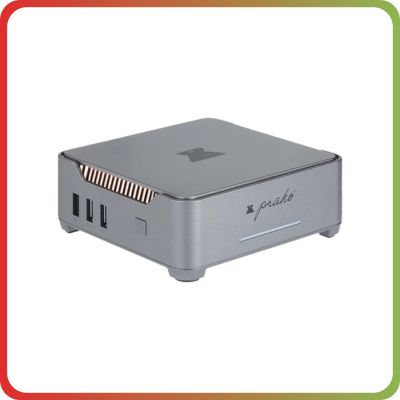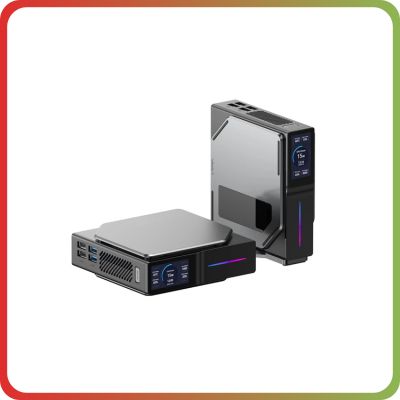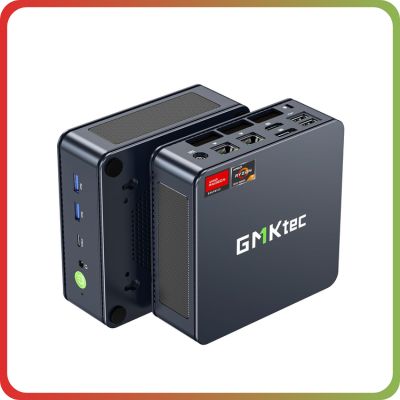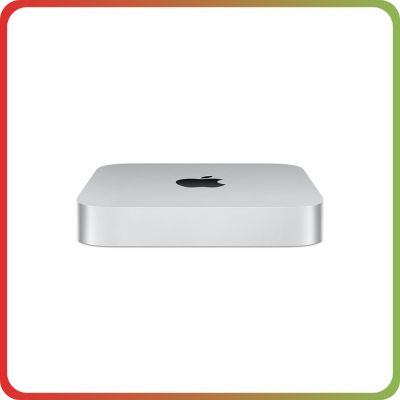How to Choose the best Mini PC
June 24, 2024
Mini PCs often go overlooked despite their numerous advantages. They offer a compact alternative to traditional desktops and laptops, making them perfect for tight spaces or easy portability.
Mini PCs have versatile applications in both professional and personal settings. It’s essential to consider performance and adaptability before delving into the top mini PCs on the market.
Key Considerations for Best Mini PCs
Size Matters
When selecting a mini PC, opt for the smallest model that meets your needs. Larger models might compromise the “mini” aspect. Leading PC brands provide various mini PC models tailored to different requirements, balancing performance and affordability.
Use Case
For basic activities like streaming and browsing, an entry-level mini PC will suffice. Gamers should choose models with robust CPUs and GPUs. While mini PCs might not rival dedicated gaming rigs in graphics performance, many can handle AAA games at 1080p with adjusted settings.
Hardware and Upgradability
Similar to standard PCs, some mini PCs allow for upgrades to memory and storage. If longevity is a priority, select a modular and upgradeable mini PC.
Space Efficiency
Certain mini PCs can be mounted directly onto monitors, transforming them into all-in-one (AIO) PCs, which is ideal for saving desk space.
How to Choose the best Mini PC
Here’s a list of the How to Choose the best Mini PC from popular brands on the market today.

A reliable choice for home use, this Acer mini PC features an integrated antenna for fast internet, 8 GB of RAM, and 256 GB of storage, making it perfect for web browsing and streaming. It can be mounted onto any VESA-compatible monitor.
Product Specification
- RAM: 8 GB
- Storage: 256 GB
- Mountable: Yes (VESA-compatible)
The Good -
- Reliable performance
- Integrated antenna
- Space-saving design
The Bad -
- Limited storage capacity for advanced uses

A budget-friendly mini PC with an Intel processor, 8 GB RAM, and 128 GB storage. It supports connectivity for up to three devices and runs on Linux OS, with the option to add Windows.
Product Specification
- Processor: Intel
- RAM: 8 GB
- Storage: 128 GB
- OS: Linux (Windows license required separately)
The Good -
- Affordable
- Stylish design
- Multiple device connectivity
The Bad -
- Limited storage
- Requires additional purchase for Windows OS

Stylish and high-performing, this mini PC features an LCD screen displaying real-time metrics, a 12th Gen Intel N95 processor, 16 GB RAM, and 512 GB storage. It comes with Windows 11 Pro and supports upgrades.
Product Specification
- Processor: 12th Gen Intel N95
- RAM: 16 GB
- Storage: 512 GB
- OS: Windows 11 Pro
The Good -
- Real-time display metrics
- Excellent performance
- Upgradeable
The Bad -
- Mid-range price

Designed for gamers, this high-end mini PC features a Ryzen 7 7735Hs APU with Radeon 680M graphics, 32 GB RAM, and 1 TB storage. It offers extensive connectivity options and handles gaming and multitasking effortlessly.
Product Specification
- Processor: Ryzen 7 7735Hs APU
- RAM: 32 GB
- Storage: 1 TB
- Graphics: Radeon 680M
The Good -
- Superior gaming performance
- Extensive connectivity
- High multitasking capability
The Bad -
- Expensive

Not a traditional PC, but a powerful mini Mac based on the M2 chip with an eight-core CPU and ten-core GPU. It's as powerful as the M2 MacBook Air and is the most affordable Mac with Apple Silicon in 2024.
Product Specification
- Chip: M2
- CPU: 8-core
- GPU: 10-core
The Good -
- High performance
- Compact design
- Affordable for an Apple product
The Bad -
- Limited to macOS
- Higher cost compared to non-Apple mini PCs
Conclusion
Mini PCs provide a compact, versatile alternative to traditional desktops and laptops, suitable for various environments and uses. When choosing a mini PC, consider the size, intended use, hardware capabilities, and potential for upgrades to find the best model for your needs.





